The 2024 Nobel Prize in Physics has been awarded to John J. Hopfield and Geoffrey E. Hinton for foundational discoveries and inventions that enable machine learning with artificial neural networks [1]. This recognition highlights the profound impact their work has had on the development of artificial intelligence and machine learning technologies.
Key Contributions
John J. Hopfield Hopfield, a 91-year-old American physicist from Princeton University, made a groundbreaking contribution in 1982 by introducing the “Hopfield network” [2]. This network is an associative memory system that can store and reconstruct images and other types of patterns in data. Hopfield’s approach utilized principles from physics, specifically drawing parallels with atomic spin systems, to create a method for saving and recreating patterns.
Geoffrey E. Hinton Hinton, a 76-year-old British-Canadian professor at the University of Toronto, built upon Hopfield’s work to develop the “Boltzmann machine” [3]. This innovation uses tools from statistical physics to create a network that can autonomously find properties in data and perform tasks such as image classification. Hinton’s work has been instrumental in advancing the field of machine learning and laying the groundwork for many of today’s AI applications.
Impact on Artificial Intelligence
The contributions of Hopfield and Hinton have been fundamental to the development of modern machine learning techniques:
- Foundation for Neural Networks: Their work established the core concepts of artificial neural networks, which are now extensively used in various AI applications.
- Practical Applications: The technologies derived from their research have integrated into everyday life, enabling applications like facial recognition and language translation.
- Bridging Physics and AI: By applying principles from physics to computational problems, Hopfield and Hinton demonstrated the power of interdisciplinary approaches in scientific innovation.
Significance of the Award
This Nobel Prize underscores the growing importance of artificial intelligence and machine learning in modern science and technology. It also highlights the value of applying principles from one scientific discipline (physics) to solve problems in another (computer science and AI). The recognition of Hopfield and Hinton’s work comes at a time when AI is rapidly advancing and becoming increasingly integrated into various aspects of society. Their foundational contributions have paved the way for the current explosive development of machine learning technologies, influencing fields ranging from healthcare to autonomous systems. As we celebrate this achievement, it’s important to note that the swift advancement of AI has also sparked discussions about its future implications and potential risks. This Nobel Prize not only honors past innovations but also draws attention to the ongoing dialogue about the responsible development and use of AI technologies.
References:
[1] https://www.nobelprize.org/prizes/physics/2024/press-release/
[2] https://www.princeton.edu/news/2024/10/08/princetons-john-hopfield-receives-nobel-prize-physics
Also checkout Nobel Prize in Physiology or Medicine 2024: https://top2percentscientists.com/nobel-prize-in-physiology-or-medicine-2024/
Searchable Database for Top 2% Scientists
Visit TOPSCINET.com
If your name appears in the search results, claim your profile using your institutional email to update your social media links and enhance your online presence.
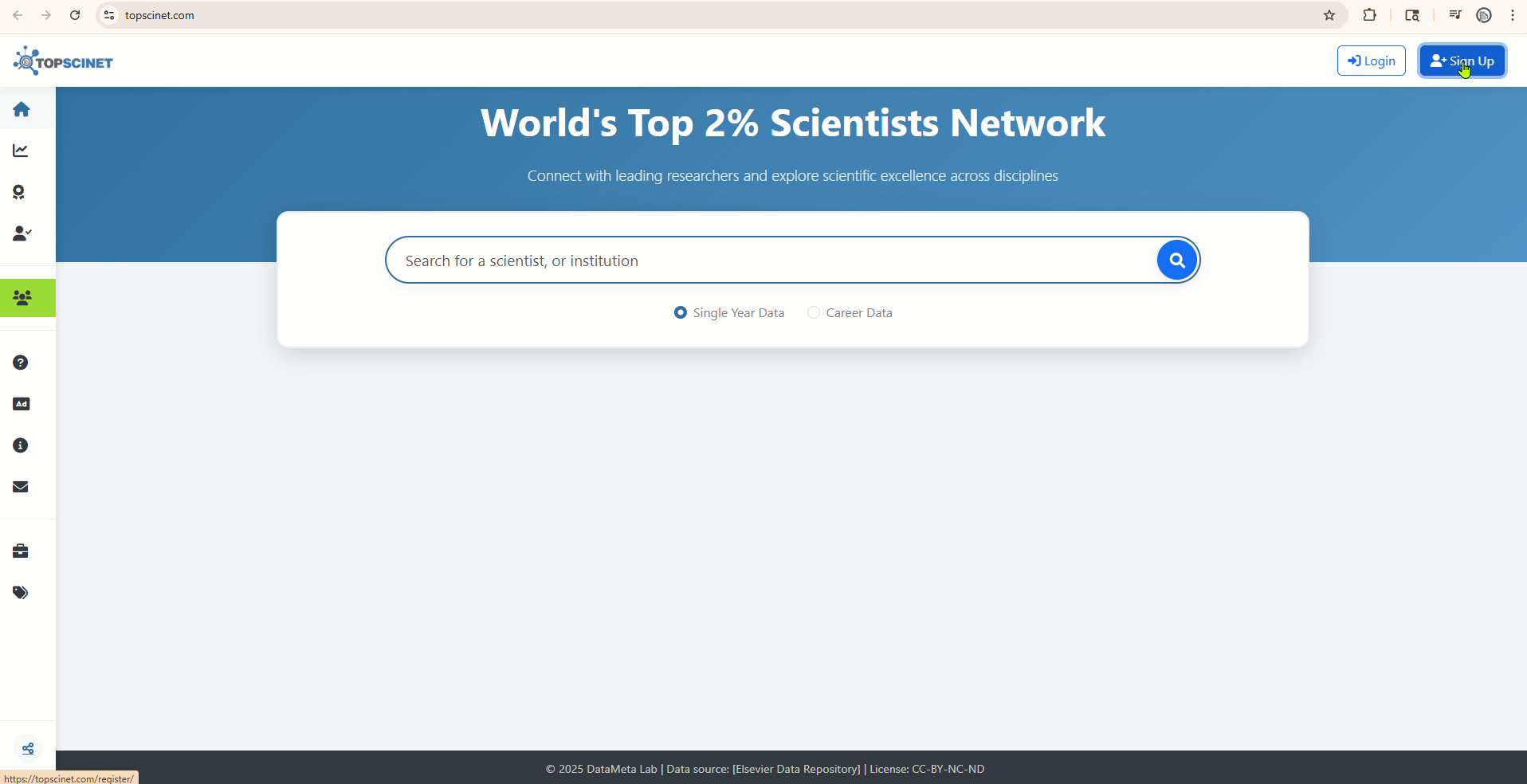
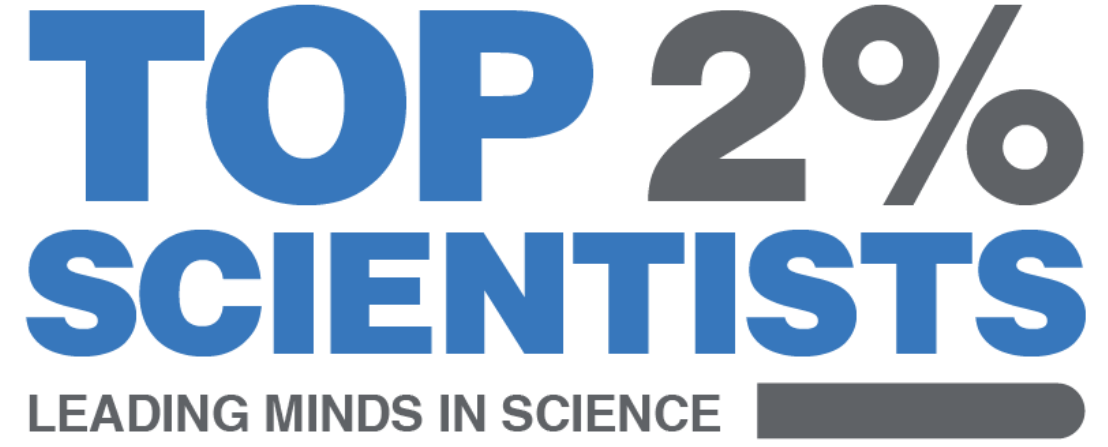
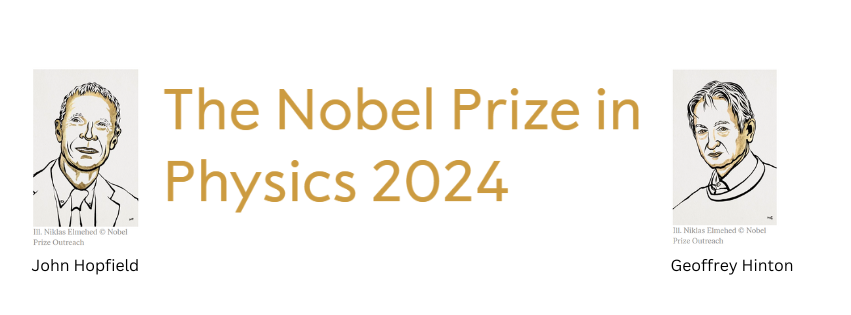
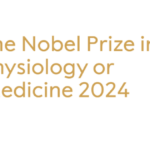
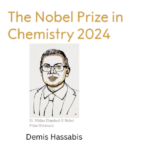
Pingback: Nobel Prize in Physiology or Medicine 2024 - Top 2% Scientists